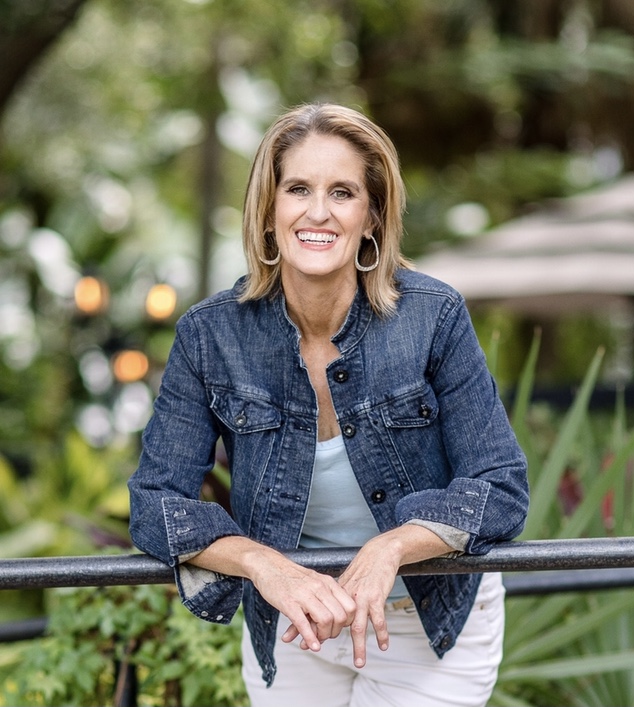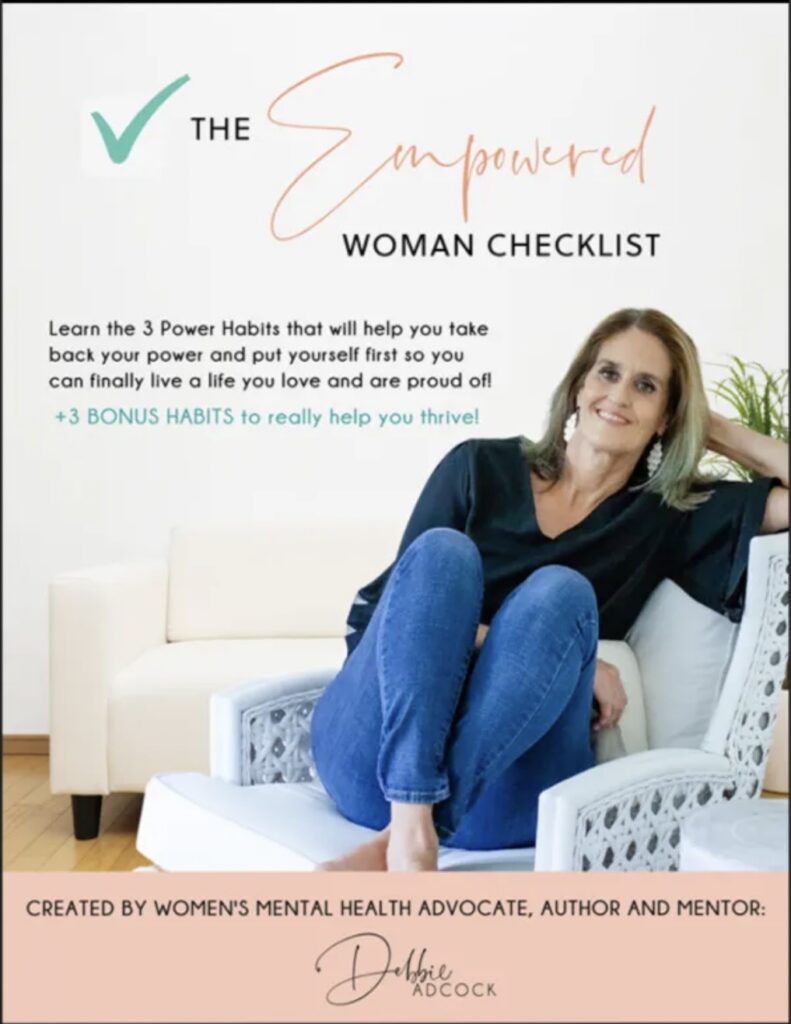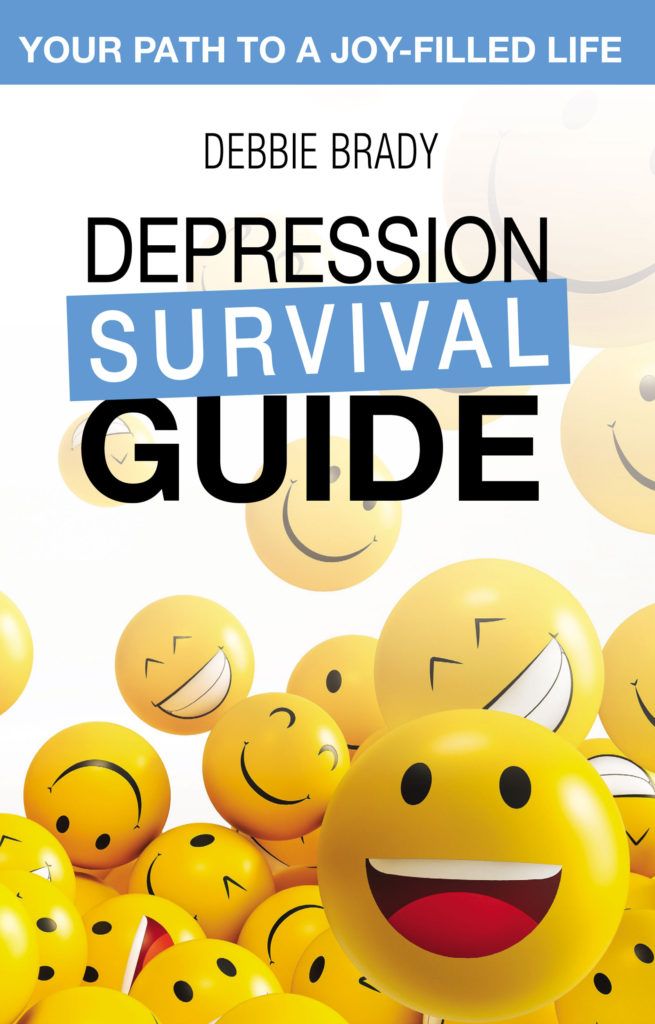
I have always openly shared my mental health journey. To be honest, when I was first diagnosed with Major Depression Disorder in 1987 in the midst of my eating disorder, I didn’t even realize I was “supposed” to be embarrassed by my mental illnesses. It’s not like I could hide my 84 pound body on my 5 foot, 7 inch frame! It was obvious I was not well.
However, I really had no idea there was so much stigma. I think part of that was because I was in college and living on a college campus. Life is just different in that college bubble. Being in a learning environment where most people are more focused on their academics and social life, didn’t seem to lend itself to judgement or outcast. In fact, I experienced the opposite. Nothing but support and understanding from my new friends(most of whom are still my friends 35+ years later!).
I credit the people God placed in my life during this time and the amazing professors at my university for nurturing my recovery and allowing a safe space to openly share my struggles.
When I got into the “real world” after graduating with a degree in psychology, I got a job as a mental health case manager. I basically went from one safe bubble for being open about mental health to another. I didn’t realize there was such a stigma for mental health until I was in my late 20s. By then, I was so comfortable sharing my story with others, I truly didn’t give a shit about any stupid stigma. Well, until I realized how much it was still hurting others.
No one should ever feel embarrassed or ashamed of their mental illness or the struggles they face daily because of their mental health. Our brains are our most important organ. The brain is the organ that controls all other organs and everything else in our body. We can’t live without it.
Yet, society continues to ignore the importance in keeping it healthy. Too many powerful people, educators, adults, law officials, medical professionals and society in general simply don’t understand mental health and how it can affect human behavior and our quality of life. Sadly, many just don’t want to bother understanding it because it is easier, and cheaper, to ignore it and blame the individual instead of the broken system.
I know so many of us can feel so powerless and hopeless when we watch some of what is going on in the world around us. However, there is one way we can all begin to make a difference. We can share our story. We can share out mental health journey. By being open and sharing our mental health journey like so many others share their medical journeys or weigh loss journeys, we can help educate others and bring mental health to the forefront of our communities.

Below are 3 reasons I encourage you to start sharing your mental health story. We all have one. Some of us just have more complicated ones than others.
Connection and Support: Sharing your mental health story can help foster a sense of connection and belonging. By opening up about your experiences, you create an opportunity for others to relate and empathize with you. This was one of the first things I realized when sharing my story of depression and anorexia in my 20s. I connected with so many women who would respond, “oh my god! me too!” This can create a supportive community where people feel less alone in their struggles, knowing that others have gone through similar challenges. You feel an instant connection. Sharing your story can also encourage others to share their own experiences, further promoting a sense of support and understanding.
Breaking Stigma: Mental health stigma often arises from misconceptions and lack of awareness. Or, as I like to say, ignorance and a laziness to understand. By sharing your story, you contribute to breaking down these barriers and challenging the stigma associated with mental health. Your openness can educate and inform others, promoting empathy and compassion. When people hear personal stories, it humanizes mental health issues and helps normalize the conversation, encouraging others to seek help and support without fear or shame. The more people who share and the more others listen, the stigma begins to be broken down, one person at a time.
Inspiring and Empowering Others: Sharing your mental health story can inspire and empower others who may be facing similar challenges. By discussing your journey, including the obstacles you’ve overcome and the strategies that have helped you, you offer hope and encouragement. We often feel alone when we are dealing with mental health challenges. When we hear others who have been through similar challenges, we suddenly feel as though we aren’t the only one! Your story may resonate with someone who is struggling and provide them with the motivation to seek help, practice self-care, or explore new coping strategies. Your openness can serve as a source of inspiration and show that recovery and growth are possible. Your story may even save a life.
An added bonus to sharing your own story is that it can actually be healing and therapeutic. However, it is important to mention that sharing your mental health story is a personal decision, and it’s essential to consider your own comfort and readiness before doing so. It is ok if you aren’t ready yet. It can be helpful to have a supportive network or professional guidance when sharing your story, as they can provide additional resources and help navigate any potential challenges that may arise. Support groups, close friends and family, or a therapist can be a great place to start sharing your journey.
Remember, you are not alone.
~We are stronger together~ Debbie
Be sure to grab my new FREE resource HERE on the 6 habits to support your mental health.

And, grab a copy of my book HERE if you haven’t already!

